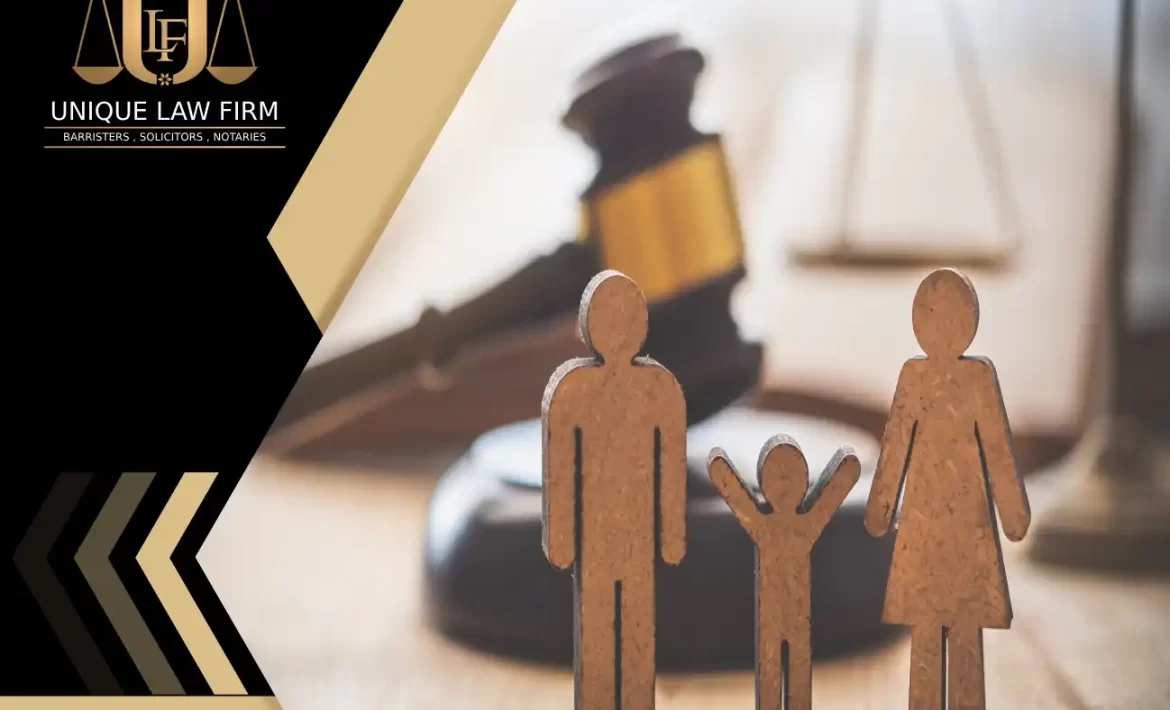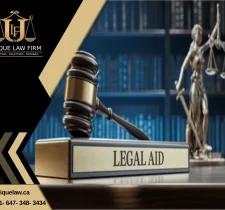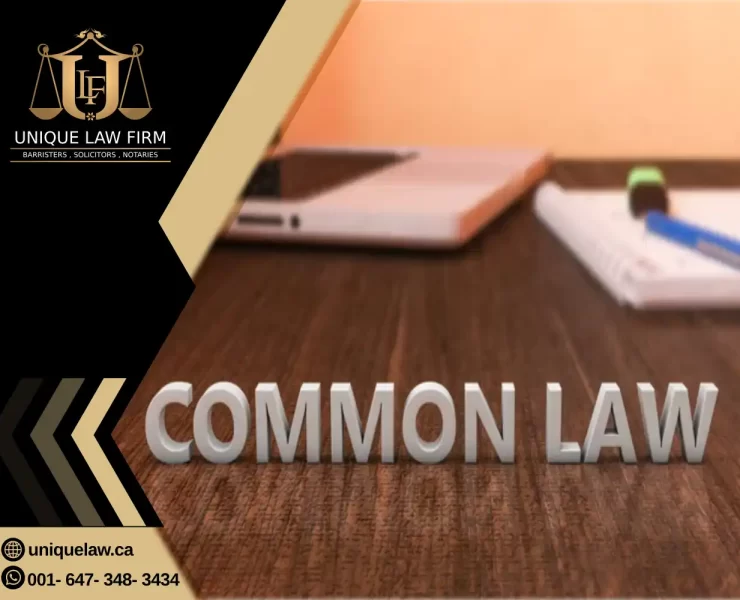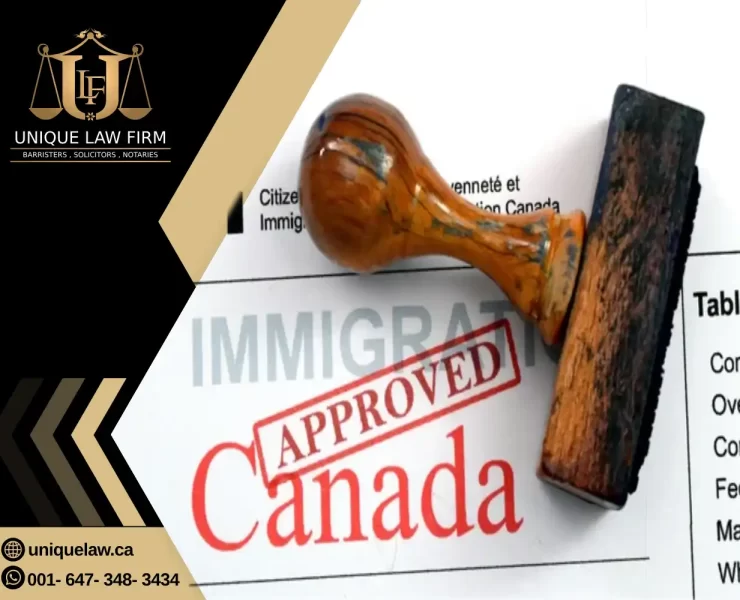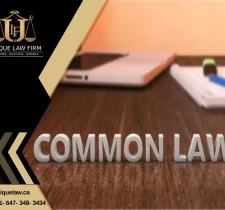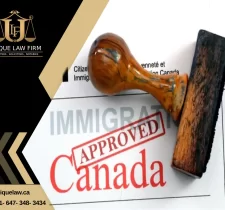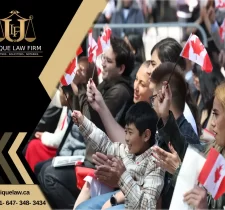Duties and duties of a family lawyer
Here’s a more detailed breakdown of the areas a family lawyer can practice in:
1. Divorce and Separation
Contested and Uncontested Divorce: Handling divorces where spouses either agree on terms (uncontested) or dispute matters such as property division, spousal support, or child custody (contested).
Legal Separation: Helping couples who want to live apart without officially divorcing, often involving similar issues as divorce, like property division and spousal support.
2.Child Custody and Visitation
- Physical and Legal Custody: Determining where a child lives (physical custody) and who makes decisions about the child’s welfare, education, and healthcare (legal custody).
- Visitation Rights: Establishing and enforcing visitation schedules for non-custodial parents.
- Parental Relocation: Addressing legal issues when one parent wants to move with the child to another location, which may affect visitation or custody arrangements.
- Grandparents’ Rights: Assisting grandparents in securing visitation rights when they are denied access to their grandchildren.
3. Child Support
- Calculation of Support: Helping establish and calculate the appropriate amount of financial support, often based on state guidelines that take into account both parents’ income and the child’s needs.
- Modification and Enforcement: Modifying existing child support orders if circumstances change (e.g., income changes) and enforcing non-payment issues through legal action.
Temporary vs. Permanent Alimony: Representing parties in securing temporary support during divorce proceedings or permanent support after the divorce is finalized.
Rehabilitative Support: Helping secure alimony for a spouse seeking to gain training or education to become self-sufficient.
Modification of Alimony: Adjusting support payments if financial circumstances change for either party.
Marital Property: Dividing assets and debts accumulated during the marriage, based on either community property laws (equal division) or equitable distribution (fair, but not necessarily equal division).
Business Valuation: Assessing and dividing a family business or professional practice in a divorce.
Retirement and Pension Plans: Dividing retirement accounts, pensions, and investment portfolios as part of the divorce process.
7.Adoption
- Private Adoption: Facilitating direct adoption agreements between birth parents and adoptive parents.
- Agency and International Adoption: Navigating the legal requirements for adopting through an agency or from a foreign country, which often involves complex immigration issues.
- Stepparent and Relative Adoption: Assisting stepparents or relatives in adopting children, often requiring termination of biological parental rights.
8.Paternity
- Establishing Paternity: Helping fathers establish legal recognition of paternity, often necessary for child support or custody rights.
- Disputing Paternity: Assisting in cases where paternity is contested, often involving DNA testing.
- Voluntary vs. Court-Ordered Paternity: Filing paternity claims through either voluntary acknowledgment or litigation.
9. Domestic Violence and Protection Orders
- Restraining Orders: Securing legal protection for victims of domestic violence, harassment, or stalking.
- Defending Against False Allegations: Representing individuals wrongly accused of domestic violence.
- Emergency Orders: Obtaining immediate legal protection through emergency restraining orders or protective orders.
10. Guardianship
- Legal Guardianship of Minors: Appointing legal guardians for children whose parents are unable to care for them due to incapacity, absence, or other issues.
- Adult Guardianship: Establishing guardianships for incapacitated adults who need assistance in managing their personal, financial, and medical affairs.
11.Foster Care and Child Welfare
- Parental Rights Termination: Handling cases where a parent’s rights are terminated due to neglect, abuse, or inability to care for the child.
- Foster Care Placement: Working with child protective services and the courts to find suitable foster homes for children in need.
12. Juvenile Law
- Juvenile Delinquency: Defending minors in criminal proceedings, often involving issues like rehabilitation or diversion programs.
- Child Protection Cases: Representing children in cases involving neglect, abuse, or removal from the home by child protective services.
Parental Rights: Establishing legal parentage for the intended parents, often through pre-birth orders or legal proceedings after birth.
Collaborative Law: Assisting clients through a collaborative divorce process, which involves working together with attorneys and experts to settle matters outside of court.
15. Legal Name Changes
- Name Change for Minors or Adults: Assisting with the legal process of changing a name after divorce, adoption, or gender transition.
16. Reproductive Rights
- Assisted Reproductive Technology (ART): Handling legal issues related to sperm/egg donation, IVF, and surrogacy, ensuring all parties’ rights are protected.
- Parental Rights in Same-Sex Couples: Ensuring that non-biological parents in same-sex couples receive legal recognition of their parental rights.
17.Emancipation of Minors
Helping minors legally separate from their parents to gain independence before reaching the age of majority.
Family law in Canada is a broad area that encompasses many sensitive and complex issues, requiring a deep understanding of both legal and emotional aspects. Each case can vary significantly depending on jurisdiction and specific circumstances.



